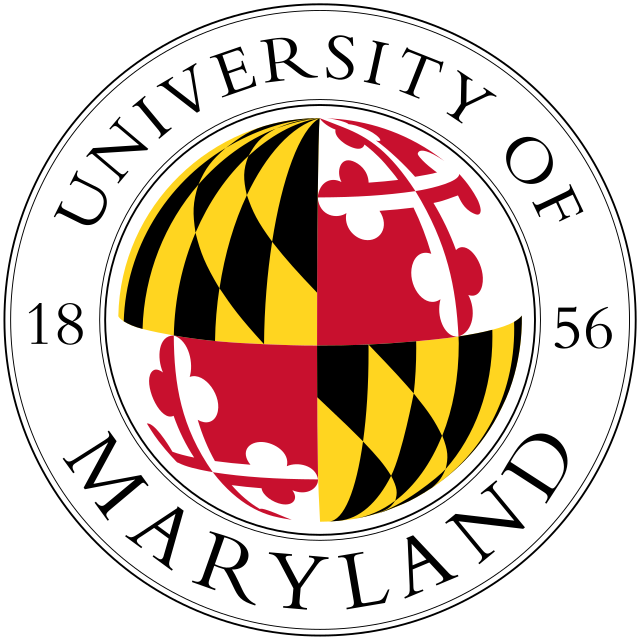The MSc programme is a one-year full time course or can be taken part-time over two or more years. Taught modules are delivered in semesters 1 and 2. The programme starts with an introductory 10-credit module to introduce material that will be encountered in the programme. Depending upon your academic background, you will begin by studying the fundamental principles of either chemical engineering or the relevant biological science.
This is followed by 50 credits of multidisciplinary core modules that cover advanced concepts in chemical engineering that are relevant to multiple sectors. The properties of colloidal systems, commonplace in formulated products such as food, are studied with a view to processing and characterisation. Techniques for measurement and characterisation are investigated alongside experimental design in an engineering context. Use of biological systems for production of novel products is also covered.
The 40-60 credits of pathway modules are on the theme of healthcare technology. These modules cover various aspects of the field – from tissue engineering and generating new organs, through sensors for earlier diagnosis of disease, biomaterials, medical devices, to 3D printing of custom implants. You will be taught by world experts and gain experience of a wealth of applications in the healthcare technologies area.
The above modules are complimented by a wide range of optional modules, enabling you to gain specific knowledge relating to topics such as bioprocessing, pharmaceuticals and engineering business. Safety, regulatory and quality issues applicable across the relevant industries are also considered.
In the summer semester, each student on the MSc programme will then undertake an individual project in a research area of their choice within one of the School’s internationally recognised research groups. This allows you to consolidate your knowledge in a practical setting and develop practical research expertise. This brings the total credits for the MSc to 180.
Introductory modules
If you have not taken a chemical engineering first degree, then you will take Process Engineering Fundamentals. Otherwise, you will take Bioscience for Graduates of other disciplines, which will give you the background you require in biological topics.
Bioscience for Graduates of other disciplines - 10 credits
Process Engineering Fundamentals - 10 credits
Core modules
Applied Synthetic Biology - 10 credits
Measurement, Sensors and Design of Experiments – 20 credits
Non-ideal materials – 20 credits
Research Project (MSc only) - 60 credits
Pathway modules - choose 40-60 credits
Additive Manufacturing and 3D Printing for Healthcare Applications - 10 credits
Advanced Biomaterials for Healthcare Technologies – 10 credits
Advanced Therapeutic Medicine Products - 10 credits
Frontiers in Tissue Engineering - 10 credits
Medical Devices – 10 credits
Sensor Systems in Medicine – 10 credits
Optional modules – choose 0-20 credits
Modules from different themes can be combined within timetabling constraints. All modules are offered subject to sufficient enrolled students. All module descriptions are provisional and subject to minor change. Example optional modules are listed below:
Pharmaceutical Technology Theme
Design and development of drug delivery systems - 10 credits
From bench to market: the development of pharmaceutical drug products - 10 credits
Bioprocessing Theme
Bioseparations - 20 credits
Cell Factories - 20 credits
Business Studies Theme
Business and Strategy Development - 10 credits
Project Management (Business Strategy Delivery) - 10 credits
Food Engineering and Safety Theme
Chemical Contamination of Food and Water - 10 credits
Food Chain Security - 10 credits
Food Structure for Performance - 10 credits
Future Engineering of Food – 10 credits
Sustainability in the Food Industry - 10 credits
Hydrogen Energy Theme
Advanced Electrochemical Applications -10 credits
Fuel Cell and Hydrogen Technology - 10 credits
Introduction to Electrochemistry - 10 credits
Techniques for Fuel Cell Characterisation - 10 credits
Energy Theme
Energy Storage – 10 credits
Energy Systems and Policy - 10 credits
Energy Systems Design - 10 credits
Energy Systems Modelling - 10 credits
Renewable Energy Systems - 10 credits
Core Process Engineering Skills Theme
Chemical NanoEngineering - 10 credits
Explosion Science, Prevention and Protection - 10 credits
Industry 4.0 and Big Data - 20 credits
Please note: The modules listed on the website for this programme are regularly reviewed to ensure they are up-to-date and informed by the latest research and teaching methods.
Show less










